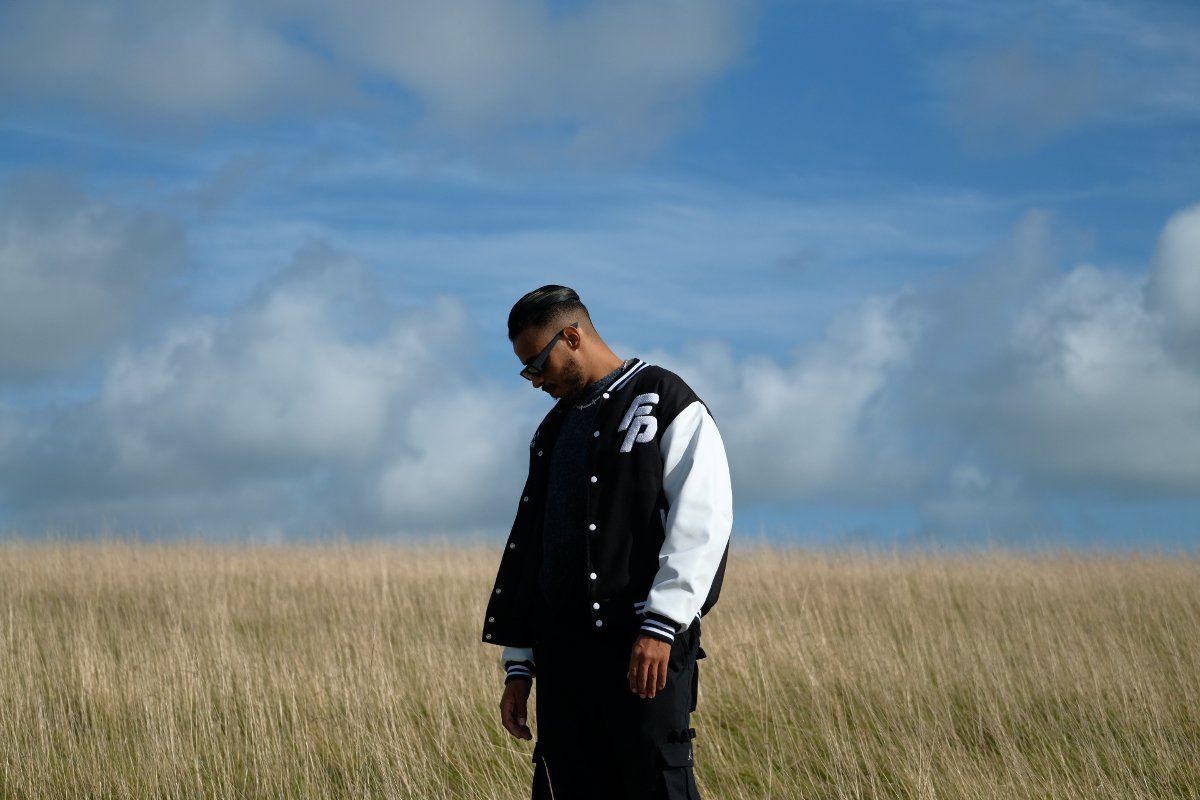
Moroccan rapper Stormy released his debut album 'ICEBERG' to wide acclaim.
Photo by Hamza Rochdi.
SEARCH

Moroccan rapper Stormy released his debut album 'ICEBERG' to wide acclaim.
In an interview with OkayAfrica, Stormy reflects on his success, making ICEBERG a classic album, and the struggles of his generation.